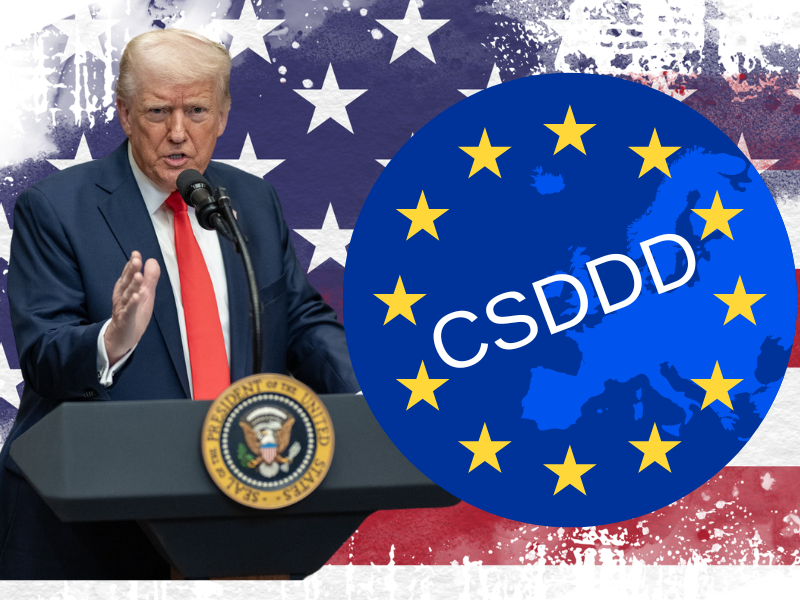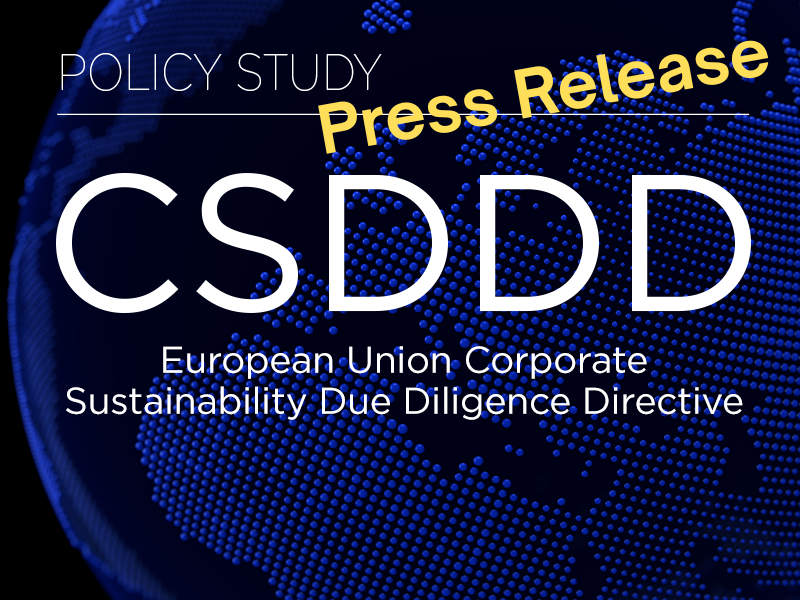Florida state lottery officials are urging Gov. Ron DeSantis to veto a bill that would require them to print a message on every lottery ticket sold in the state: “WARNING: LOTTERY GAMES MAY BE ADDICTIVE” or “PLAY RESPONSIBLY.”
The caution would appear in a black font on a white background and occupy at least 10 percent of the surface area of both sides of the tickets. It would also be required for every advertisement on television, the internet, and in print.
Florida would be the first state with such an advisory message.
‘More Aggressive’ Than Previous
The branding would be required by H.B. 629, sponsored by Rep. Will Robinson (R-Bradenton), which passed both chambers of the Florida Legislature in May. The House approved the measure by a 98-8 vote, and the Senate passed it by 27 to 13.
Then-Governor Rick Scott vetoed a similar measure in 2017.
“The language of the warning label requirement is materially different and more aggressive when compared to the prior bill,” the Revenue Estimating Impact Conference, an official economic advisory group that estimates the expected effect of proposed legislation on state revenues, stated in a report on March 8.
Warning labels on some products have been shown to reduce sales, the report says.
“The range of fiscal impacts recommended herein is related to peer-reviewed studies of the effects of warning labels on tobacco and sugar-sweetened products,” the report states.
“A study by the U. of Pennsylvania on the effects of warning labels on tobacco products showed that 7.4% of affected smokers viewing text-only warning labels attempted to quit within five weeks,” the report states. “A study performed by the U. of Cambridge regarding the effects of text warnings on consumers of sugar-sweetened beverages found that 13.4% of the sample group subsequently refused a sugar-sweetened beverage option.
“We include a 3.5% reduction as the least conservative estimate, which is 50% of the lowest of the studies,” the report states.
Concerned About Revenue Losses
The state’s cut of lottery revenues is more than $1 billion per year. Ticket sales have generated more than $35 billion for government education spending in Florida, since the program began in 1988, with more than 800,000 students receiving Bright Futures scholarships funded through lottery revenues, World Lottery Association President Rebecca Paul Hargrove wrote in a letter to DeSantis, Florida Politics reported on May 19.
The state would suffer revenue losses from decreased sales of lottery tickets, a reduction in marketing space on the tickets, and fewer retailers carrying them, costing the state more than $60 million a year and requiring massive cuts in the number of Bright Futures scholarships, Hargrove wrote.
The warning labels could also affect the state’s participation in multistate games such as Powerball and Mega Millions, and end scratch-off games featuring the TV game shows The Price is Right and Wheel of Fortune, and the board games Monopoly and Scrabble, Lottery Director of Product Shelly Gerteisen told the estimating conference on June 12.
Cites Consumer Awareness
Placing warnings on lottery tickets is a bad gamble, says Jeff Stier, a senior fellow at the Consumer Choice Center and a policy advisor to The Heartland Institute, which publishes Budget & Tax News. Like all forms of gambling, purchases of lottery tickets tend to be recreational, and people realize that, says Stier.
“It’s unfortunate how highly regulated they are, but of course the irony is lottery tickets have a monopoly by the state, and they go to fund the state,” Stier said.
“When you have private sector gambling, they do usually require warnings on them, which is absurd,” Stier said. “People are aware they might lose their money, and they might go back to bet more, and they might lose again.”
There is an irony in the government putting warning labels on a product it sells, says Seton Motley, president of Less Government and a policy advisor to The Heartland Institute.
“The government makes tobacco companies print warnings on tobacco products, so why shouldn’t it meet its own requirements for their own product?” Motley asked. “Preferably, the government would just leave tobacco companies alone. Then they’d have a much stronger argument when protesting this bill.”
‘Doesn’t Really Help’
“Whether it’s private sector or government lotteries, we should make sure they are fair, and ensure consumers should be able to make choices,” Stier said. “But the proliferation of warning labels doesn’t really help consumers. We’re being bombarded by warning labels about food, activities, video games because they might be addictive and cause obesity.
“We as a society are not benefiting by a proliferation of warning labels,” Stier said. “We benefit by individuals acting in their best interests. When the government begins treating adults like children—and you have to be an adult to buy a lottery ticket—we’re in bad shape as a society.”
Stier says it’s weird for governments to do things they have to warn people not to partake in.
“Lottery tickets are basically illegal, unless the government is running the game, so I find the whole concept of placing warning labels on lottery tickets fascinating, especially when you consider it’s something the government shouldn’t be involved with in the first place,” Stier said.
Kenneth Artz ([email protected]) writes from Dallas, Texas.





